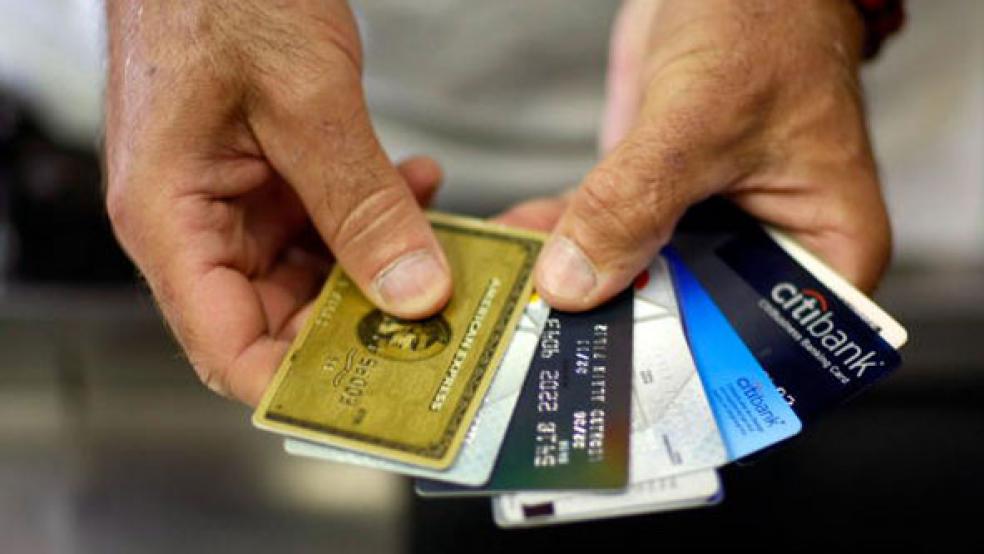We all hear horror stories of credit cards’ risks, often about people who build up mountains of debt that take a lifetime to pay off. When used responsibly, though, credit cards can be some of your best friends in securing your long-term financial success. Here are a few do’s and don’ts.
Access a line of credit. The world of credit may seem intimidating at first, but a credit card can offer many advantages. For one, quick access to a line of credit can help you pay for unexpected expenditures.
While it’s unwise to treat your card exactly like an emergency fund – a nest egg of generally about six months’ normal expenses – your credit might come in handy when you’re low on cash or need a little extra time to pay off a large purchase.
Most of all, a line helps you establish a credit history and strengthen your credit score.
Research alternative cards. Many different types of cards come with varying characteristics.
Reward cards, for instance, repay you with cash, gift cards, airplane tickets or even entire vacations. You earn rewards through points or miles systems, usually valued at one point per dollar you spend on a specific type of purchase, such as eating at certain restaurants or shopping at selected stores.
Related: Why Even Rich Millennials Are Financially Insecure
Other cards feature popular 0% annual percentage rates (APR), often an introductory deal that allows you to carry a month-to-month balance without paying interest for a specified time. You must still make your monthly payments during this period to avoid such negative consequences as late fees, a downgrade of your credit score, racking up a large balance and so on.
Balance-transfer cards allow you to transfer a balance from one card (typically one with a high APR) to another card that usually offers you a more favorable rate. You can use this feature to consolidate credit into one payment, rather than having multiple bills due each month.
Monitor your credit score. Your Fair Isaac Corp. (FICO) score, vital role in your financial well-being, takes into account the length of your credit history, your record of on-time payment and the magnitude of your credit line, among other factors.
Lenders evaluate your score while approving you for loans and landlords reference it when checking your background before renting or leasing to you. A healthy credit score proves to lenders that you’re a low-risk investment, which can help you get a lower interest rate.
Related: Why So many Americans Are Trapped in Deep Poverty
Obtain a free credit report at AnnualCreditReport.com. You can also request a free credit report each year from any of the three major credit-reporting bureaus: Equifax, Experian and TransUnion.
Pay more than the minimum on your balance. If possible, try to pay off the balance of your card each month. Failing to do so can get you into trouble with accumulating interest.
Credit cards notoriously carry some of the highest APRs of all consumer debt. Unlike other debt, such as student loans and mortgages, you can’t get a tax deduction from payments on credit card interest.
Scrutinize details. Different cards come with different rules. Knowing the inner workings of your credit card helps you maximize benefits.
For example, reward cards generally carry a higher APR than do balance-transfer cards. Overspending can lead to interest payments that might wipe out any reward. Some cards also carry hefty annual fees to even have the plastic in your wallet.
Also see whether your card operates on rotating categories, or if the card company limits the rewards that you can earn. Rotating categories means your card company can award bonus points for certain purchases in one quarter of the year and then rotate to a different category of purchases in the next quarter.
Related: 6 Traits of an Emerging Millionaire: Are You One?
A limit caps the total rewards you can earn in any year. For instance, your card company may give 5% cash back on the first $5,000 you spend on a certain category and then drop to 1% cash back after you reach the cap.
Be diligent. We also hear horror stories every day of people who swiped a card at a retail checkout and later had their identity stolen, the crooks spending big sums that often take victims months to straighten out. Review your monthly statements for warning signs of ID theft: unauthorized purchases, suspicious lines of credit or other unfamiliar activity.
If poring through your statements each month sounds daunting, you can outsource the task to such fraud-monitoring services as LifeLock. Some card companies also offer protection services to alert you to suspicious activity and some will limit your liability if you fall victim to ID theft.
In the end, no one cares more about your personal and financial well-being than you. Play an active role in protecting yourself. You don’t want to become one of those horror stories.
Follow AdviceIQ on Twitter at @adviceiq.
Blake Faust is an associate consultant with Wipfli Hewins Investment Advisors LLC in St. Paul/Minneapolis, Minn.
Top Reads from The Fiscal Times:




